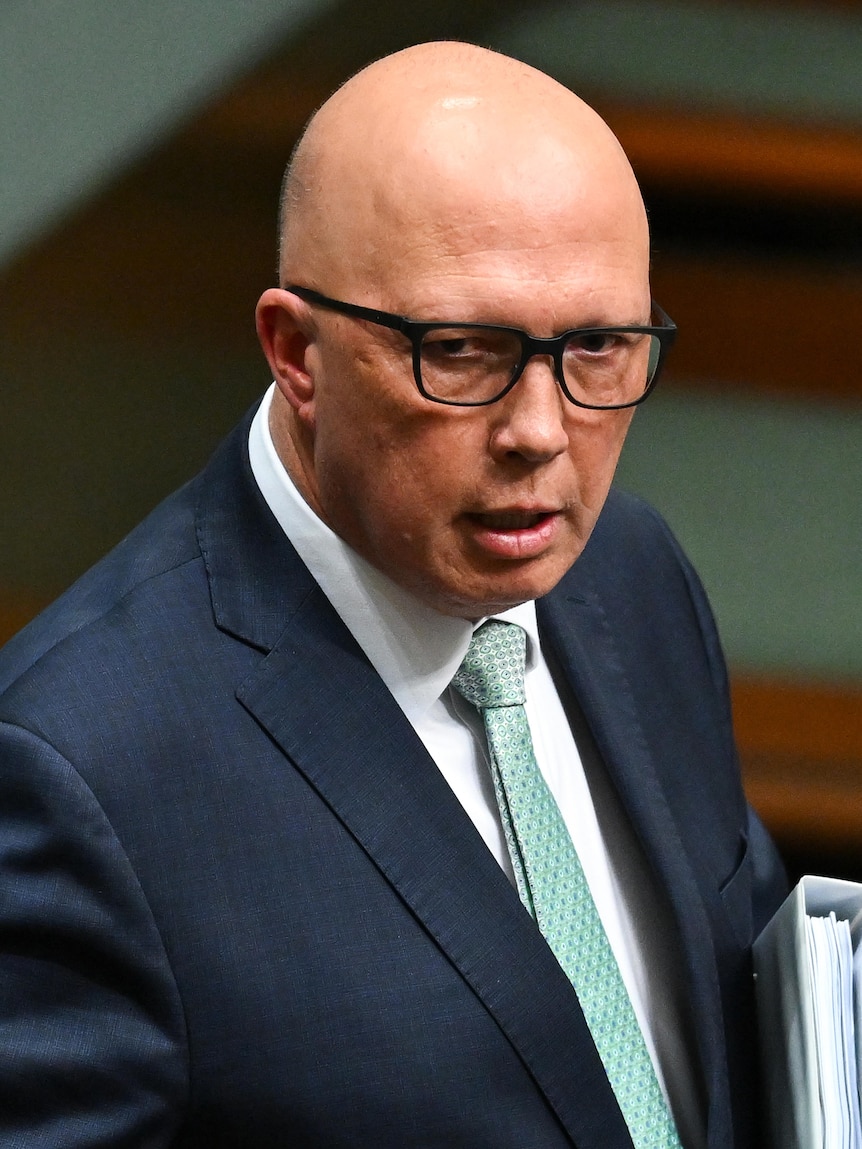Opposition Leader Peter Dutton used the opening question in federal parliament Question Time today to call on the prime minister to “apologise” for taking the Voice to Parliament to a referendum “against advice”, as well as for inflation and power price rises.
In a later series of questions, Deputy Opposition Leader Sussan Ley described the referendum as “divisive and incompetently managed”, asking why Mr Albanese had focused on “inner-city elites”:
“Why did he refuse to hold a constitutional convention? Why didn’t he make the effort to achieve bipartisanship? Why did he waste $450 million of taxpayers’ money? Why did he proceed when it was clear his vanity project was going so disastrously wrong?”
In response, Mr Albanese said:
“Let’s be very clear here about what occurred. There was a constitutional convention. There was one established under the former government in 2017. After a process that the former government established under Tony Abbott when he established a process, a working group, who are charged with coming back to the Australian people about what form constitutional recognition should take.
“That was after John Howard, of course, and every other leader since promised to promote constitutional recognition.
“After a process in 2017, First Nations people through the Uluru Statement from the Heart, those eloquent 440 words, issued an invitation to Australians to walk with them on the form of recognition they sought. That was recognition through a Voice. There were then processes established, including under the former government, The Calma Langton Report and other processes, the joint committee chaired by Patrick Dodson and Julian Leeser, to progress this issue.
“I said before the election on a range of occasions, as did both leaders, Scott Morrison and Bill Shorten prior to 2019, that there would be an advance on these issues. I was at Garma when the minister for Indigenous affairs, Ken Wyatt, said there would be a referendum held. I was there in 2019.
“What occurred was that I fulfilled that commitment that I made. It was not out of convenience, it was out of conviction. I believe that when you make a commitment, including a commitment to Indigenous people, that it should be fulfilled.
“And, I make this point — across remote areas dominated by Indigenous communities, Yes recorded massive support.”




